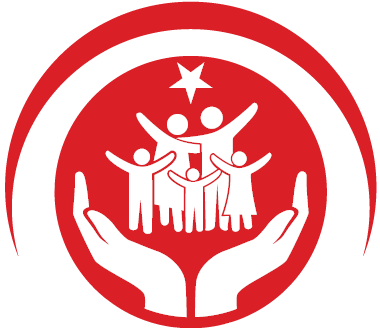|
History |
|
The Department of Political Science and Public Administration of our Faculty was established in 2010. The department first admitted students in the 2013–2014 academic year and, with its strong academic staff, continues to offer undergraduate and graduate programs (Master’s with and without Thesis, and Doctorate) and to maintain its educational activities. |
|
About Department |
|
Political Science and Public Administration are two closely related disciplines that study political and administrative phenomena from a scientific perspective. The Department focuses on how resources and values are distributed within the political system. Its academic scope includes topics such as power, authority, legitimacy, social class, gender, ethnicity, and political participation, as well as institutions and structures like the state, government, political parties, pressure groups, and international organizations. The program is ideal for students interested in politics, history, reading, and critically analyzing developments in Turkey and the world. |
|
Purpose of the Department |
|
Political Science and Public Administration define under one title two basic social science disciplines that are in constant interaction with each other: Political Science and Administrative Science. With its interdisciplinary approach, the aim of the Department of Political Science and Public Administration is to enable students to understand the fundamental scientific concepts, theories, and modes of thought, and to closely examine the functioning of political and administrative mechanisms. Thus, it is aimed to develop students’ ability to recognize, evaluate, and produce solutions to political and administrative problems. In our department, where education is carried out with a qualified academic staff, the goal is to train future administrators who are versatile, effective, and possess a broad vision. |
|
Program Educational Objectives of Our Department |
|
To train individuals who have managerial qualifications and can work in public institutions and organizations, professional bodies, the private sector, and non-governmental organizations; who possess theoretical and practical knowledge in administrative sciences, law, politics, urbanization, and environmental issues; who can think multidimensionally, make correct decisions, and have effective communication skills; who follow national and international developments and new technologies related to their profession and can use them effectively; and who are team-oriented, investigative, and innovative. |
|
Program Learning Outcomes of Our Department |
|
|
1. |
The ability to follow national and international developments in the field of Political Science and Public Administration, learn theories, reason, analyze, and convey knowledge. |
|
2. |
Sufficient basic and conceptual knowledge in social science fields such as Political Science, Law, Economics, Business Administration, Accounting, Finance, and International Relations. |
|
3. |
The ability to identify, define, collect data on, analyze, and interpret social, economic, and political problems, and to apply appropriate scientific methods specific to these purposes. |
|
4. |
Learning and applying quantitative and/or qualitative research techniques, software, hardware, and technical tools that can be used in the field of Political Science and Public Administration; gaining experience in designing and conducting research projects to improve the application of these skills. |
|
5. |
The ability to easily adapt to innovations required by legal, economic, and political developments that affect public policies at global, national, and local levels while adhering to professional ethical principles. |
|
6. |
The ability to work effectively both individually and as a member of intra- and interdisciplinary teams. |
|
7. |
Developing communication skills, oral and written expression, and presentation techniques; learning the writing principles and procedures required for writing academic papers in the disciplines of Political Science and Public Administration. |
|
8. |
Understanding business ethics in public administration, politics, and all related fields, and developing competencies in decision-making, taking initiative, completing tasks, and time management. |
|
9. |
The ability to communicate effectively in Turkish, both orally and in writing, to give and receive clear instructions, and to use at least one foreign language. |
|
10. |
Mastery of English terminology in the disciplines of Political Science and Public Administration and acquiring sufficient foreign language knowledge to follow English-written studies, thus being able to analyze current political developments and events in different countries comparatively. |
|
11. |
Knowledge of the periods, major turning points, and key actors of both Turkish and world political history, and understanding the influence of the social and historical backgrounds of countries on current political and administrative issues. |
|
12. |
Understanding how policies are formulated and implemented in real life at local, national, regional, and/or global levels, recognizing the main institutions and actors involved in these processes, and knowing the functioning of public administration. |
Görüntülenme Sayısı: 487



 Refectory Reservation
Refectory Reservation